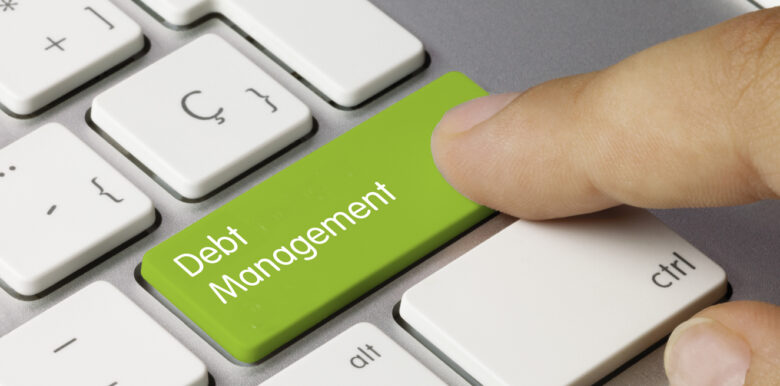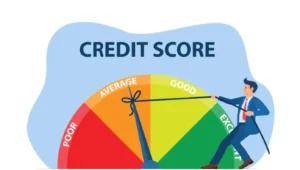Debt can be an ongoing financial concern for families. By using practical strategies, individuals and families can manage their debt and create a path toward a healthier financial future. Establishing a budget is the foundation of debt management, providing a clear picture of your finances and helping identify areas in which cuts can be made.
1. Create a Budget
Gaining control of debt requires careful planning and sound financial practices. A budget provides an accurate snapshot of your finances and spending patterns and can help you avoid debt altogether or get on track with existing balances.
As soon as you have this information on paper or electronically, start writing down all your income and expenses on a spreadsheet or app (many apps will even automatically link accounts and categorize transactions for you!). Compare expenses against income to identify areas for savings. Reducing non-essential costs such as entertainment or subscription services could free up funds to put toward debt payments.
2. Prioritize Your Debts
Debt can be an intimidating challenge for families, but with proper strategies and dedication, you can regain control of your financial future and start creating wealth. Start by calculating exactly how much debt and interest charges you owe, then arrange it by its interest rate—credit card debt would likely have the highest, while mortgage or car loans might have lower fees.
Please ensure your payments are up to date with their minimum amounts, and consider using any extra funds available to expedite debt reduction. Using either the “debt snowball” or “debt avalanche” strategies, start paying off your smallest balance first until all debts have been cleared away. Keep up with minimum payments while using extra funds for faster debt elimination.
3. Pay Off High-interest Debts First
It can be difficult to manage debt, especially when the interest rates are extremely high. One effective strategy to overcome this difficulty is prioritizing your debts and creating an affordable payment plan that fits you.
Start by compiling an itemized list of all your debts—balances, APRs, minimum payments, and interest rates—followed by ordering them by interest rate in ascending order (starting with the highest). This approach is known as the debt avalanche technique. Reduce unnecessary expenses such as eating out less, lowering utility bills, or finding less costly alternatives for essential purchases, with any extra money going toward paying off debts.
4. Make Extra Payments on High-interest Debts
Debt with high interest can quickly add up and cause financial stress, impacting both your credit score and ability to save. There are various strategies you can employ to manage and eliminate debt effectively. These may include paying off high-interest loans first, making extra payments, and using debt consolidation.
To pay off debt more efficiently, begin by creating a list of your credit card balances, due dates, and interest rates. Prioritize each debt by its interest rate for maximum efficiency. Doing this could save money and accelerate reaching financial goals more quickly. Make extra payments each month if possible so as to reduce outstanding balances quicker.
5. Work on Your Credit Score
An ideal debt-free lifestyle is key to reaching long-term financial goals like homeownership and retirement. If you need help getting out of debt, there are resources such as credit counseling and debt management available that may assist.
Credit counselors can offer guidance in managing debts and finances and may also provide financial literacy programs. They may suggest strategies to help reduce debt, such as consolidating multiple debts into one payment and lowering interest rates to lower monthly payments—although these methods could take several years to finish off.
6. Avoid Taking on More Debt
Debt may not always be seen as a four-letter word, but misusing debt can be detrimental. Acquiring more debt will strain your budget and diminish efforts towards becoming debt-free.
Avoiding high-interest debt such as credit card balances and creating a savings plan are key components to meeting your goals. A personal loan or mortgage may provide valuable support, particularly if they offer lower interest rates with more manageable monthly payments. Emergency funds are an invaluable way to stay out of debt, providing three to six months’ worth of living expenses should something go wrong. To build one, save just a small amount every day in an account specifically set aside for that purpose.
7. Create An Emergency Fund
An emergency fund could help protect against financial surprises. Set a goal to save three to six months’ expenses each month and work toward it every month—tactics like automatically saving in separate accounts and employing debt payoff strategies such as the snowball or avalanche methods may make reaching these savings goals simpler.
To maximize savings, reduce unnecessary spending. This may involve eating out less, cutting back on streaming services, or shopping at discount stores for essentials. Add windfall money, such as tax refunds or bonuses, into your emergency fund and expand your savings.
8. Make a Plan to Pay Off Your Debts
Becoming debt-free takes hard work, but it’s entirely achievable. Follow effective strategies to pay off your debts systematically and begin building wealth for the future.
Step one is to compile an inventory of all of your debts, from credit card balances and monthly payments to fixed costs such as mortgage payments. Either by hand or with a budgeting tool, make a list of them all, including those due soonest, such as debt snowball or avalanche approaches. Any time you receive extra funds—be it from a tax refund or work bonus—put it towards paying down debt to help speed up progress and stay motivated. This approach approach will accelerate progress while simultaneously keeping motivation at a maximum.
9. Stay Motivated
Staying motivated and adhering to your debt reduction plan can be done through several means, including focusing on the benefits of becoming debt-free or using an effective debt management strategy that targets eliminating rather than paying down credit card balances.
Staying motivated may also help by staying in contact with friends who share your financial goals, joining an online forum for debt reduction strategies, joining an offline community where people share experiences or discuss methods that work for them, and having a clear picture of what life might look like when debt-free.




